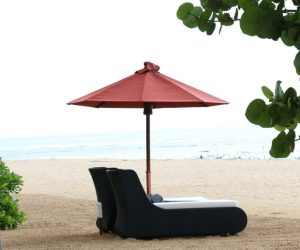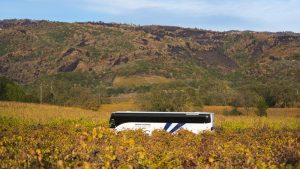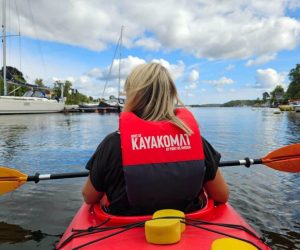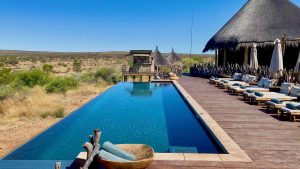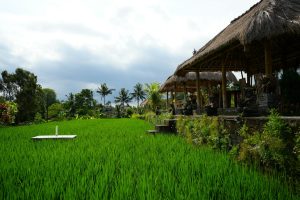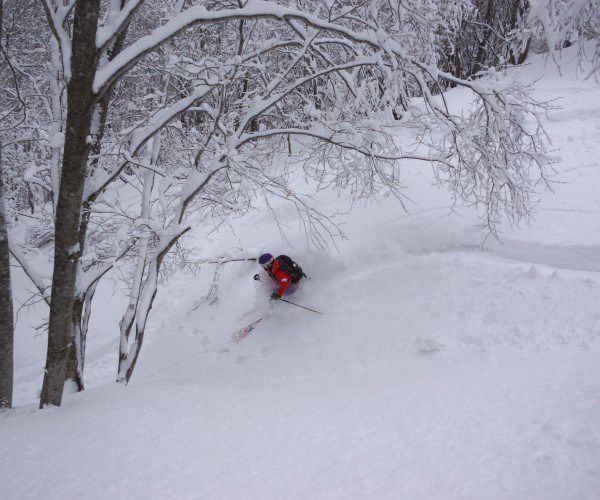
Since the pandemic began outdoor fitness is an industry that has boomed. Perhaps with more time and less ability to spend it on the things that we used to – such as travel – many seem to be focused on self improvement, learning new skills or picking up new hobbies. One industry that has seen a peak in interest and sales is individual outdoor sports such as biking, cross country skiing and backcountry touring. For those already residing in Japan, this will be more relevant now, and for those that are not, may it be food for thought for future adventures. Here are our 5 reasons why Hakuba, Japan is the best place to get into backcountry skiing.
1. Accessible
Depending on where you are in the world, accessing the backcountry can be no small thing and can often require mechanised assistance in the form of snow mobiles, snow cats and helicopters. The reason for this varies, but it is mostly due to the proximity of the terrain that will be skied in relation to where lifts and facilities are. Often these areas are so far away that the use of these machines is simply the best way to reach where you need to go. As thrilling as these experiences are – which is not to be underestimated – they do also cost a pretty penny, with heli-skiing in the thousands. Based on that alone, it can make the backcountry in certain areas inaccessible to the average person – be it based upon economic factors or the physical distance. Fortunately for us, Hakuba`s backcountry is extremely easily accessed, with world class terrain available from the ski lifts, or a few minutes or hours skin up the ridge line – depending on your route for the day.
2. Variation
The plethora of backcountry route options available in Hakuba means that on almost any day there will be favourable conditions found somewhere – if you know where to look – which also lends a natural progression of increasing challenge as skills are honed. There is everything from very low angled, easily accessed runs, through to expert backcountry lines. Almost all of the Hakuba Valley resorts give backcountry access, all of which carry their own points of difference and will be right for different people, in different conditions and on different days. This means that it is extremely accommodating for those still developing their skills and competency in the backcountry, and contrasts other backcountry areas where there is limited progression between the terrain available.

3. Stability
The maritime snowpack that we see here generally leads to more stable snow conditions when compared to similar terrain in other continental mountain ranges. This allows for bigger terrain to be explored, navigated and safely managed. When compared to continental snowpacks found in Europe and North America, the snow itself does not always bond as well or heal as fast once weak layers have been created, allowing for less margins for errors when making terrain choices in the backcountry. This does have its drawbacks too, as people can be lulled into a false sense of security when a bad choice is not followed by a consequence, and the poor decision making continues. Fortunately, those getting into backcountry for the first time will be with a guide and be learning good decision making from the get go.

4. Snow
You may have heard, but it snows in Japan. A lot. Hakuba is no exception to the rule, and though we have had some poor years of late, the backcountry – which is typically at higher elevations – has still been consistently good. If you are spending significant money on a ski trip with backcountry in mind, arriving somewhere without the snow is devastating. Fortunately for Hakuba, the backcountry is consistent, year after year, so if it is your chosen backcountry destination you need not worry about the snow. The wind fill and high elevation flurries at night-time often see a daily reset, making it extremely likely that you will be enjoying fresh tracks all day, every day.

5. The all round experience
And whether you are doing backcountry or resort skiing, there is the added bonus of experiencing an entirely different culture when skiing in Japan – making for a ski and culture trip in one. Few things compliment a long day on the skis better than an Onsen (Japanese hot spring) which some say have healing properties due to the high alkaline and mineral content. Hakuba is scattered with numerous public onsens, many of which have outstanding views of the mountains from the comfort of an outdoor bath. The food is excellent, and even though Hakuba is a winter ski town, it still oozes Japanese authenticity at every turn.

Wherever you currently are, backcountry skiing or snowboarding may be something that has not yet made it onto your radar; with the current gift of time that lockdown has lent, it might be a good time to start thinking about what things we might like to try once travel has resumed.
Nadine Robb is Owner and Instructor at Hakuba Ski Concierge. Hakuba Ski Concierge is a boutique ski school in Hakuba, Japan.
If you would like to be a guest blogger on A Luxury Travel Blog in order to raise your profile, please contact us.
